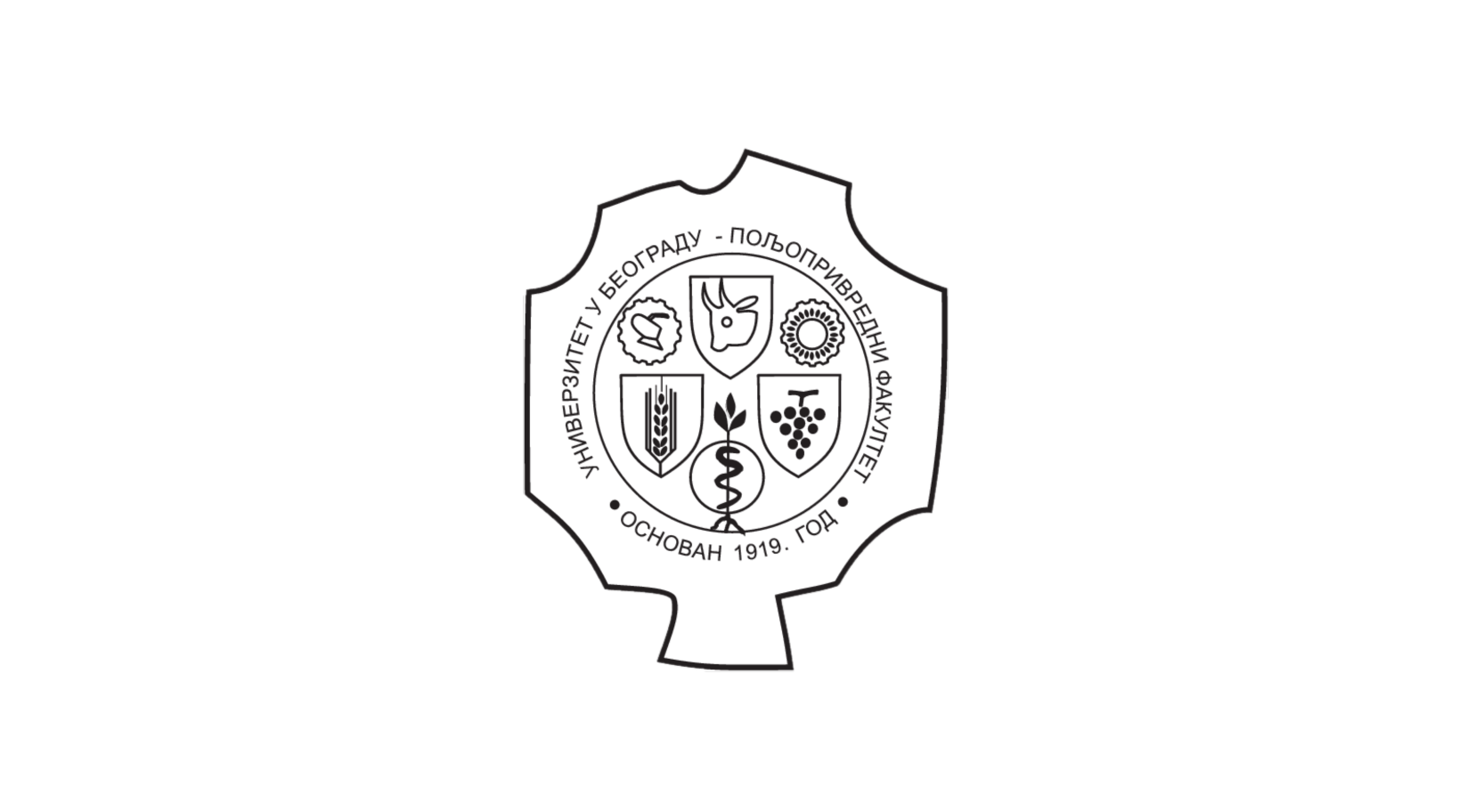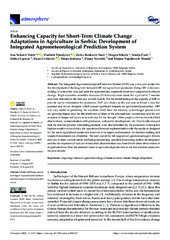Приказ основних података о документу
Enhancing Capacity for Short-Term Climate Change Adaptations in Agriculture in Serbia: Development of Integrated Agrometeorological Prediction System
| dc.creator | Vuković Vimić, Ana | |
| dc.creator | Djurdjević, Vladimir | |
| dc.creator | Ranković-Vasić, Zorica | |
| dc.creator | Nikolić, Dragan | |
| dc.creator | Ćosić, Marija | |
| dc.creator | Lipovac, Aleksa | |
| dc.creator | Cvetković, Bojan | |
| dc.creator | Sotonica, Dunja | |
| dc.creator | Vojvodić, Dijana | |
| dc.creator | Vujadinović Mandić, Mirjam | |
| dc.date.accessioned | 2022-09-19T08:24:34Z | |
| dc.date.available | 2022-09-19T08:24:34Z | |
| dc.date.issued | 2022 | |
| dc.identifier.issn | 2073-4433 | |
| dc.identifier.uri | https://www.mdpi.com/2073-4433/13/8/1337 | |
| dc.identifier.uri | http://aspace.agrif.bg.ac.rs/handle/123456789/6167 | |
| dc.description.abstract | The Integrated Agrometeorological Prediction System (IAPS) was a two-year project for the development of the long term forecast (LRF) for agricultural producers. Using LRF in decision-making, to reduce the risks and seize the opportunities, represents short-term adaptation to climate change. High-resolution ensemble forecasts (51 forecasts) were made for a period of 7 months and were initiated on the first day of each month. For the initial testing of the capacity of LRF to provide useful information for producers, 2017 was chosen as the test year as it had a very hot summer and severe drought, which caused significant impacts on agricultural production. LRF was very useful in predicting the variables which bear the memory of the longer period, such are growing degree days for the prediction of dates of the phenophases’ occurrences and the soil moisture of deeper soil layers as an indicator for the drought. Other project activities included field observations, communication with producers, web portal development, etc. Our results showed that the selected priority forecasting products were also identified by the producers as being the highest weather-related risks, the operational forecast implementation with the products designed for the use in agricultural production is proven to be urgent and necessary for decision-making, and required investments are affordable. The total cost of the full upgrade of agrometeorological climate services to meet current needs (including monitoring, seamless forecasting system development and the development of tools for information dissemination) was found to be about three orders of magnitude lower than the assessed losses in agricultural production in the two extreme years over the past decade. | |
| dc.language | en | |
| dc.rights | openAccess | |
| dc.rights.uri | https://creativecommons.org/licenses/by/4.0/ | |
| dc.source | Atmosphere | |
| dc.source | Atmosphere | |
| dc.subject | agrometeorology | |
| dc.subject | climate change adaptation | |
| dc.subject | climate service | |
| dc.subject | long range forecast | |
| dc.title | Enhancing Capacity for Short-Term Climate Change Adaptations in Agriculture in Serbia: Development of Integrated Agrometeorological Prediction System | |
| dc.type | article | en |
| dc.rights.license | BY | |
| dc.citation.issue | 8 | |
| dc.citation.rank | M22 | |
| dc.citation.spage | 1337 | |
| dc.citation.volume | 13 | |
| dc.identifier.doi | 10.3390/atmos13081337 | |
| dc.identifier.fulltext | http://aspace.agrif.bg.ac.rs/bitstream/id/24016/Enhancing_Capacity_for_pub_2022.pdf | |
| dc.type.version | publishedVersion |


